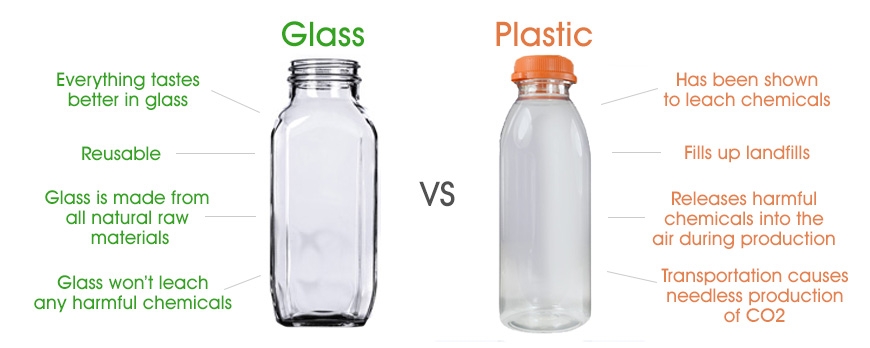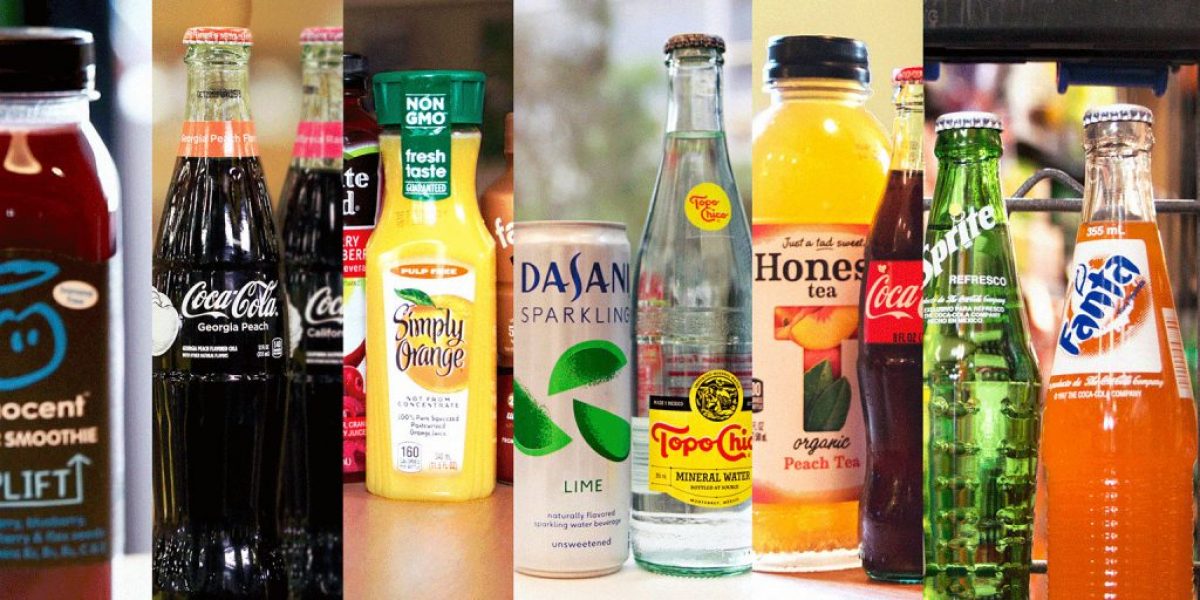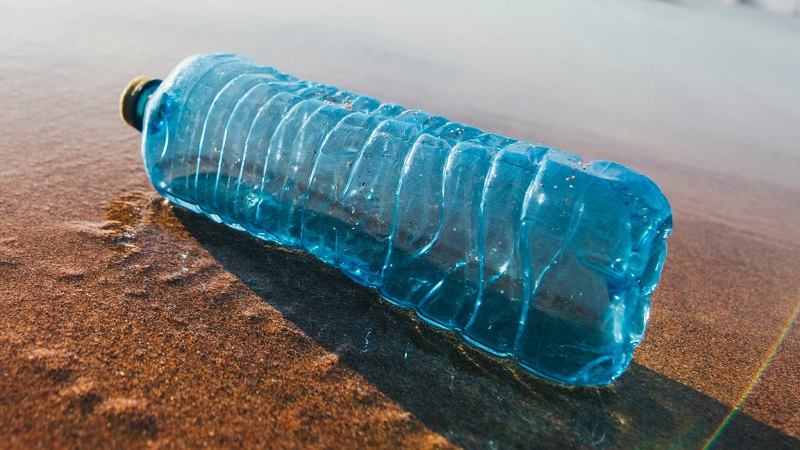Author:Melissa Bryant | TIME:October 22, 2019
A very common question: Which container is more suitable for storing our food or drink? Therefore, in this case, we will discuss the advantages of glass jars/bottles that preserve food compared to plastic containers.
In general, we prefer glass packaging. If plastic containers are economical, profitable, lightweight, easy to load and resistant to corrosion, why replace them? The reason is that we want to have a lifestyle that is as healthy and natural as possible.

You will certainly agree with me that it is imperative to maintain good health and safety in preserving food. So let's see why we should abandon plastic and switch to glass. We must use common sense to minimize the risk to our health.
Food or beverage packaging is very important, especially for its preservation, so glass packaging is one of the best packagings for the following reasons.
Glass is inert to food, liquid, solid or semi-solid. That is to say, the food does not react with them in a chemical reaction, so that it does not affect the taste of foods and beverages or the composition of perfumes and medicines, thus ensuring the original quality of its contents.
Using a glass container(glass jar or bottle)to store and transport products can make the shelf life longer than other materials, up to two times.
Unlike other materials, glass combines elegance and durability. The possibility of using special colors also increases the feel of the package and the product. The shape and color of the package supports the marketing strategy of the industry. In terms of decoration, it offers a variety of decorative elements, from self-adhesive labels to shrink-wrapped packaging, from high relief to screen printing.
Depending on the type of package and the type of use, glass containers can match a variety of forms of closures. Not only does it provide all the conveniences to consumers, but it also ensures visual differences in point-of-sale products.

Regardless of size, glass has excellent versatility and outstanding performance in industrial processes.
It is resistant to the manufacturing process and can accept hot or cold, preservative, pasteurized or sterilized products. Due to its inertia, glass containers are also ideal for storing natural products for long periods of time.
Glass containers have an unlimited range of applications to meet the specific needs of the most complex products to mass consumption, as well as those that are important in composing and reducing the cost of returning containers.
In general, glass packaging provides consumers with convenient benefits such as simple handling, easy-to-remove products, a comfortable appearance, a product with identifiable quality, and a protective closure system. In addition, they are available in a variety of sizes for personal or household consumption. Displaying products with glass can bring satisfaction and pleasure.
The best part is that the glass is 100% recyclable. In other words, recycling one kilogram of glass can produce one kilogram of new glass.
It can be converted back to raw materials and then reintroduced into the production chain to make new packaging. It saves a lot of energy by making things that are essential to the environment and by recycling the produced glass.
They are economical, light and transparent, "making life easier." However, they pose serious problems for the environment. The world consumes 100 million tons a year, 75% of which becomes garbage after use.
They are not biodegradable. 95% is not recyclable. The plastics industry uses five of the six most dangerous chemicals and contaminants.
They contain toxic elements such as chlorine, cadmium, and lead. The manufacture of plastics and their incineration release the carcinogen dioxin into the air.

Throughout history, glass has proven to be one of the most environmentally friendly packaging materials. It is 100% recyclable and the number of times is uncertain. The raw materials used to make the glass are rich in nature and can be obtained by a simple and low-pollution extraction process.
Here we compare two different packaging methods finding that glass containers better than plastic containers for your food packaging. If you are looking for a suitable package for your product, we can provide you with the glass container wholesale. More information can be found here.